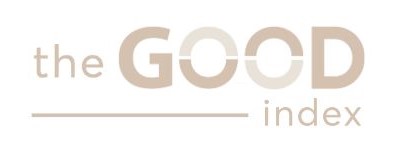How does “Hustle Culture” affect our sleep?

With the distraction of digital culture, it is not surprising to say that sleep deprivation is a core health concern for many Australians. According to the Australian Institute of Health and Welfare (2021), it is shown that “Nearly half (48%) of all Australian adult’s report at least 2 sleep-related problems”. So, what is one of the reasons behind that problem?
“Hustle Culture”
There is a societal pressure and a positive reflection of those who work hard and ‘hustle’. Every where you turn this message is conveyed, social media with quotes like “don’t stop until you reach your dreams”, in the workplace meeting KPIs and rewards for hard work or even simple comparisons amongst family and friends discussing achievements.
And yes, if you are in this situation, you are not alone because we have all at one time or another been entwined in a so-called “Hustle Culture” where the focus is on our quantity of work rather than quality of life. We will continue to see personal and professional expectations to heighten and therefore health problems like sleep deprivation to rise. We each have the responsibility to put our health first in order to understand our sleep patterns, improve our overall wellbeing and focus on quality of life.
Improve your sleep quality
Quality of sleep is necessary to maintain your well-being, perform quality work and maintain a positive mindset. If we were to simply reflect upon the ‘hustle culture’ and all that it alures us to be; work harder, longer, faster. In order to really do this at the highest optimal level we need our health to be in check. Not only will sleep deprivation stop us from working hard, longer and faster but Dr. Judith A. Owens, professor of Neurology at Harvard Medical School, said “Lack of sleep can be fatal.”
Moreover, the California Institute of Behavioural Neurosciences & Psychology completed a review on sleep debt, sleep deprivation (2018), showing that “lack of sleep – sleep deprivation and sleep debt – both lead to the emotion of anger”. That is why sometimes we can feel “moody” as sleep quality can affect human cognition and overall brain performance.

This path is leading us in the direction of ignoring our bodies signals saying “You’re tired, you need a rest”. Being honest with yourself about what your body needs is not giving up, it is merely an alarm to slow down, reassess and even to just take a day to recuperate.
Creating these positive habits to acknowledge warning signs and taking a rest now could mean the difference between long term sleep problems and other health issues.

The Good Index is Australia’s leading retreat guide, created to inspire you to take a break with health as your number one priority. One platform with hundreds of wellness destinations to discover. Reconnect with what’s important to you and experience the benefits of retreats first hand.



